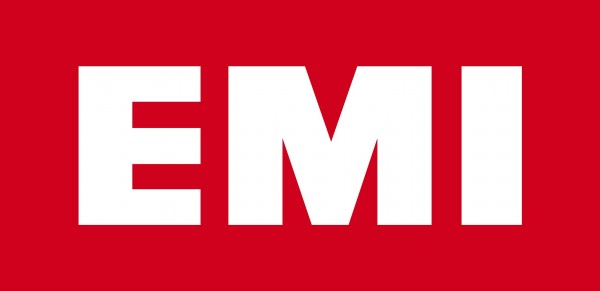 In February, we ran a depressing article detailing the various ways in which EMI had screwed Kenny Rogers. After an exhaustive listing of alleged abuses spanning decades, Kenny’s legal team settled on a sad assessment, one that unfortunately matches our grim picture of big-label accounting.
In February, we ran a depressing article detailing the various ways in which EMI had screwed Kenny Rogers. After an exhaustive listing of alleged abuses spanning decades, Kenny’s legal team settled on a sad assessment, one that unfortunately matches our grim picture of big-label accounting.
Capitol Records “vetted applying policies… at its highest corporate levels, and analyzed the financial consequences of its misconduct in terms of additional profit to be made by avoiding its contractual obligations…”
This isn’t just an EMI (or Capitol Records) thing: in fact, a string of lawsuits by major-signed superstars have now etched a pattern of systematic dishonesty, all in the name of lowering one huge cost: the artist. That complements lots of troubling tales about broke – and broken – artists who were simply screwed by smarmy label execs and lawyers (and oftentimes, their own collossal mistakes).
It just seems baked into the system. So why is Kenny Rogers now signing with another major, right down the block? On Thursday, Kenny Rogers proudly announced a brand new deal with Warner Music Group (Nashville), specifically through his old-time label, Warner Bros. Records. “Our history together, combined with the incredible team that’s in place now, provides the catalyst for a great new relationship going forward.”
Of course, there are reasons why this might make sense, including upfront cash. And, the executives at Warner Nashville may be totally different than Capitol, while the presence of a label frees the burden of doing (or at least overseeing) everything. On top of that, Rogers now has considerable leverage to not only negotiate more favorable terms, but also construct deals that focus on more limited areas (ie, marketing, distribution, etc.)
But this is still Warner Music Group, a company with a legacy of outlandish executive salaries, red-ink financials, and now, some very aggressive cost-cutting. And this seems like a golden opportunity: maybe Kenny isn’t Amanda Palmer, but there are plenty of experts that could have shepherded a truly independent, ‘DIY’ career for this legend. Warner, on the other, seems like an ongoing ‘Gamble,’ no matter how good it seems upfront.

